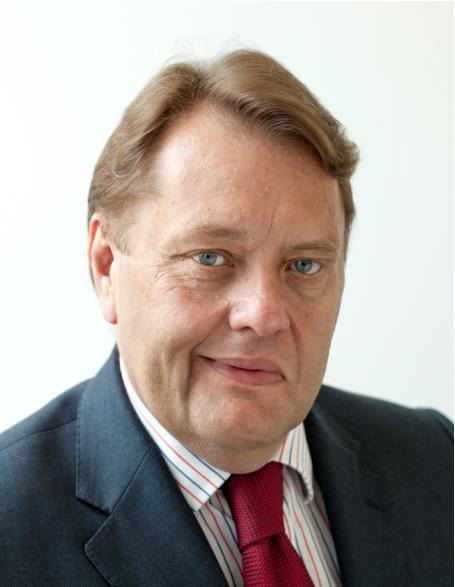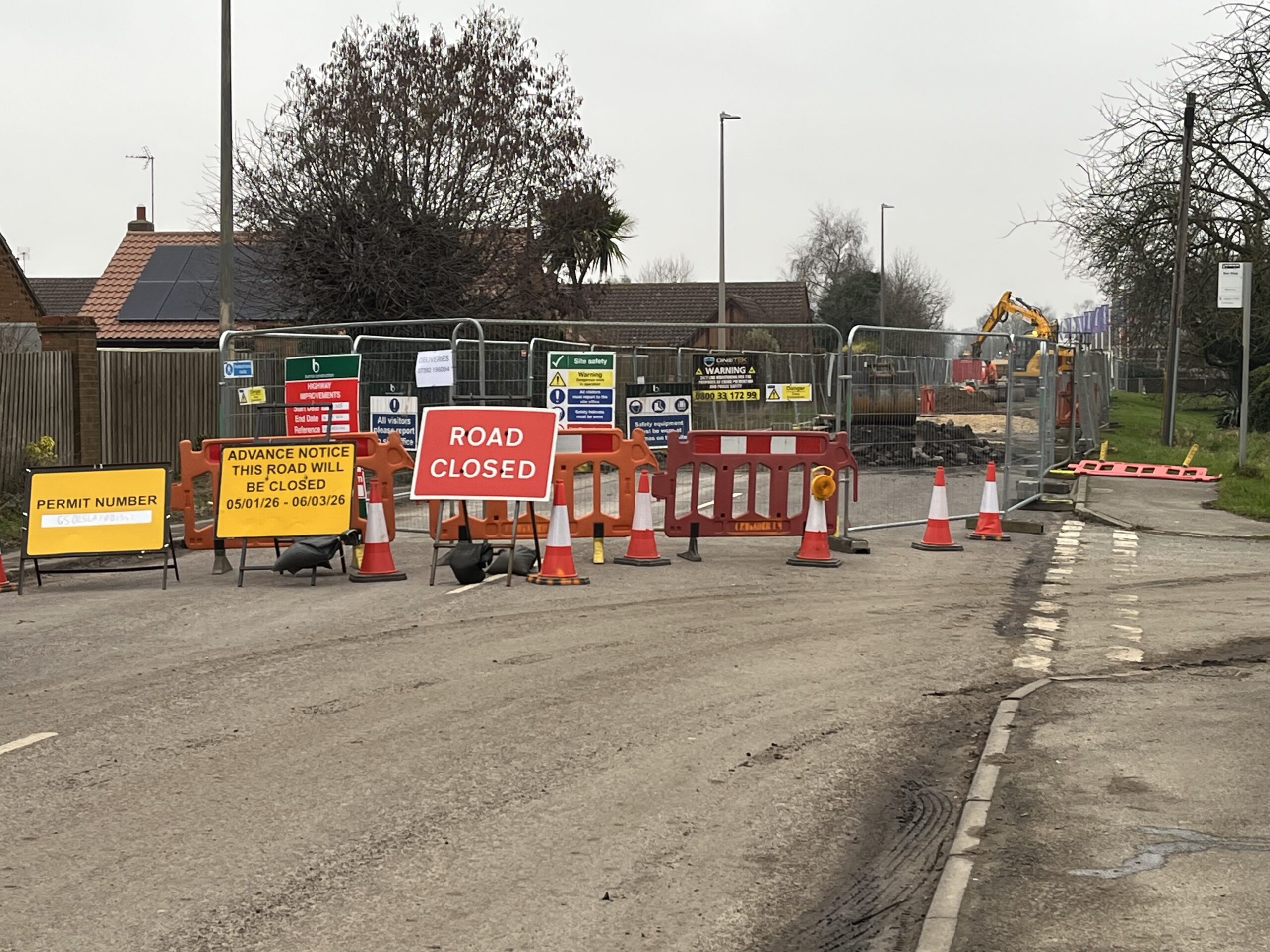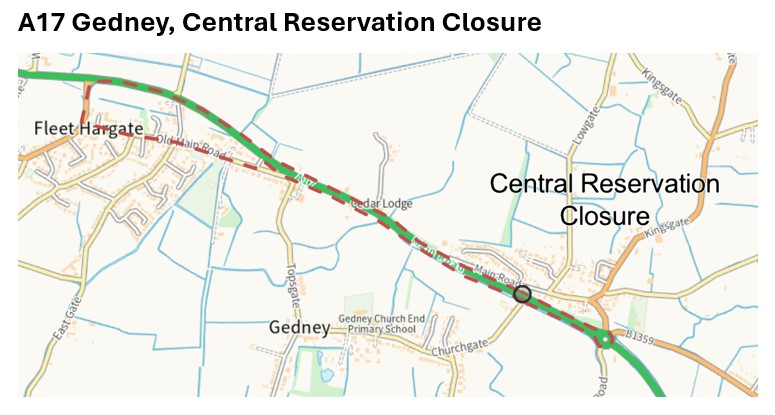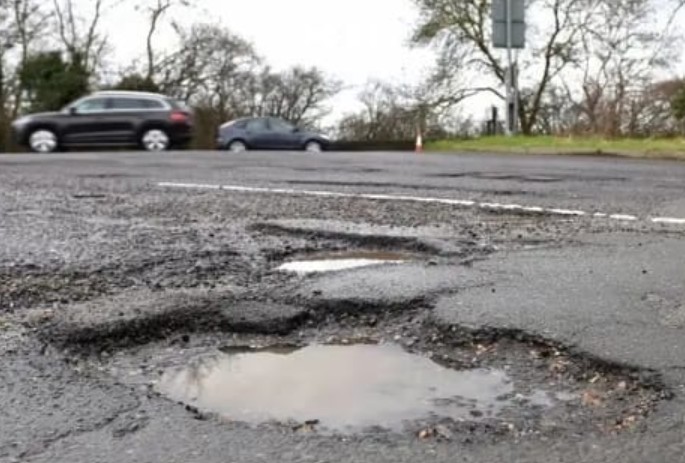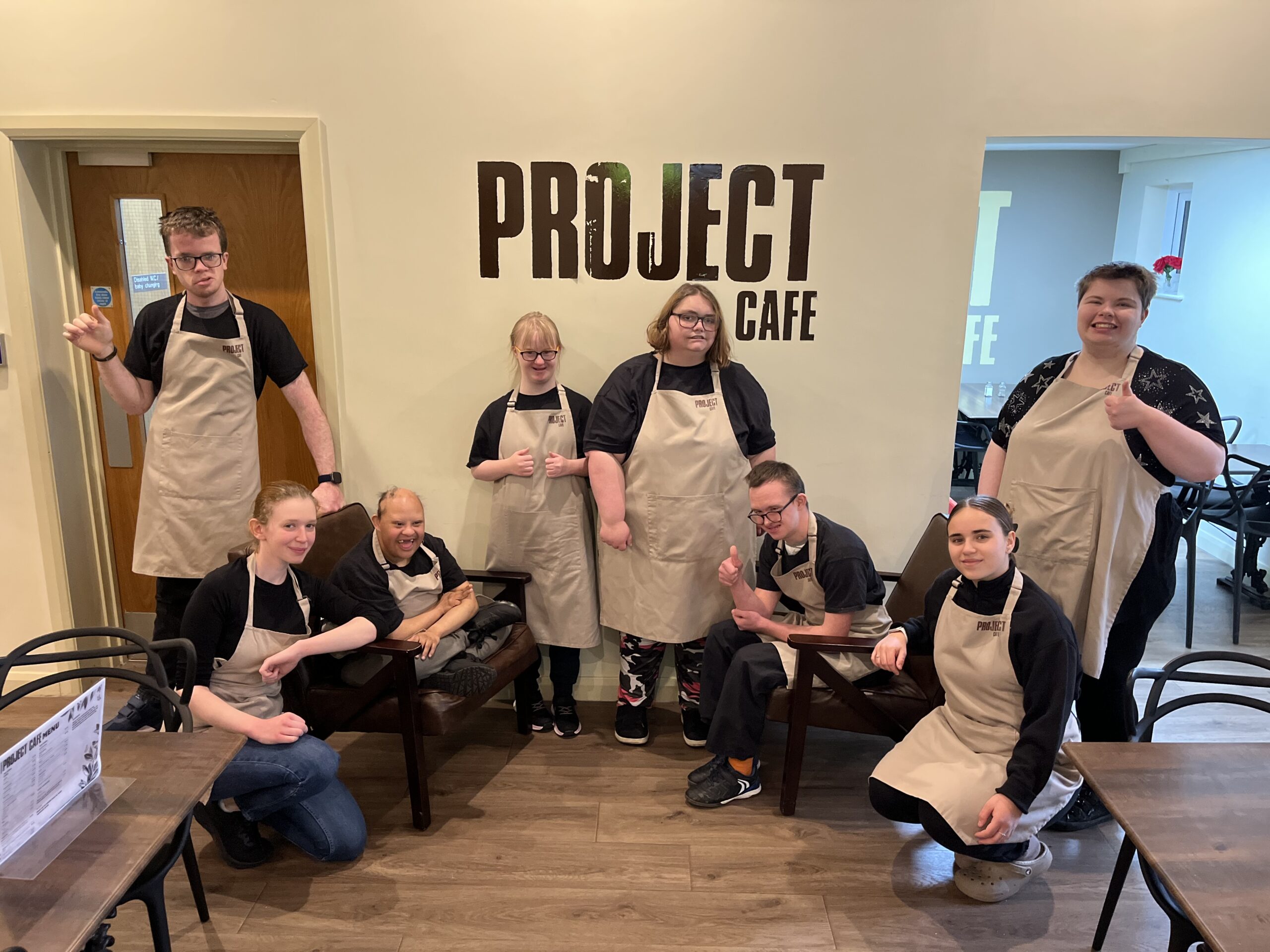In March, we pulled together in the national interest to protect the NHS.
Thanks to the tireless work and ingenuity of the British people and the Government’s commitment, our National Health Service – with 33,000 more beds, 30,000 ventilators, ‘Nightingale’ hospitals on standby and the capacity to test over 330,000 people daily – is well prepared for whatever challenges we may face this winter.
Those in greatest need are also getting extra support, with 1.5 million additional individuals and families receiving Universal Credit.
Now, there is more to do. As, in some parts of our nation, the number of Covid-19 infections are rising rapidly, the Prime Minister has reiterated his determination to act decisively.
Through tailored action, with restrictions implemented in geographic areas on the basis of risk, the aim is to control the virus whilst continuing to let as many people as possible get on with life.
The introduction of the new simplified, tiered framework aims to make sure that individuals and businesses can clearly understand the level of risk in their area, the rules and regulations in place and what is needed to comply.
In contrast, another ‘one size fits all’ national lockdown – a so called nationwide ‘circuit breaker’ as some have suggested – would lead to disproportionate restrictions in areas, like ours, where case numbers remain relatively low.
In our county, the Covid emergency, from its beginning has seen just over 5000 cases and 163 deaths in hospital.
Each one has brought grief and pain to families affected, who are in our thoughts and prayers.
Nevertheless, a blanket approach, treating Lincolnshire in the same way as worst affected areas like Liverpool or Nottingham would be unjust, ineffective and self-defeating.
It would make no sense for measures to be imposed here of a kind necessary in places with much higher case numbers, many more hospital admissions and more deaths.
Advice from scientists, including the SAGE committee, is vital, but such experts are not tasked with a holistic consideration of societal wellbeing, but rather a clinical crusade to overcome COVID-19 in our hospitals by any means necessary.
All of which is little comfort to those suffering and dying from non-Covid-related conditions; missing diagnosis and treatment for diabetes, cancer, brain tumours and heart disease.
We must tackle Covid, but not sacrifice all else to do so. In fact, this virus presents a threat to the institutions that give lives sustenance and meaning; our economy, communities, neighbourhoods and personal relationships.
The government must therefore take all these things into account when making difficult decisions.
Doctors and scientists insist we can ‘win the war’ on Covid. With this in mind, having backed initial measures designed to buy time to increase NHS capacity, I continue to support the sensible precautions and restrictions necessary to tackle the rise in infections, but, in my view, we should strive to restore life’s relational, communitarian essence as soon as it is safe to do so.
To become defined by fear and hurt distorts lives and disfigures communal life and so It is vital that businesses, charities and communities open up again at the earliest, safe, opportunity.

